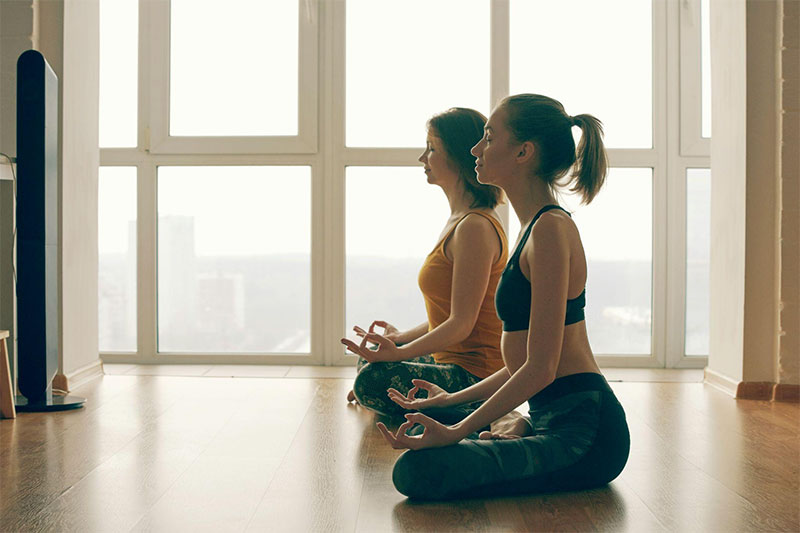Meditation offers more than a moment of tranquility—it’s a doorway to deeper awareness, balance, and well-being. As modern life grows louder and more demanding, the ability to acquire peace becomes not just helpful but essential. In just a few minutes each day, meditation can calm our systems, quiet the mind, and bring clarity to emotions.
This doesn’t require perfection or a complete absence of thought; it thrives on patience and consistency. Physical tension can ease, decision-making improves, and daily stressors lose some of their grip. Over time, as Thomas Gratzer notes, the benefits extend far beyond the meditation session, influencing how we present ourselves in relationships, at work, and during challenges.
Understanding Meditation
Meditation goes beyond simply sitting quietly. It refers to a mental state of calm awareness where distractions fade, and the mind settles. This kind of relaxation isn’t about suppressing thoughts but observing them without reaction. It invites a gentle attentiveness that allows space between thoughts.
Many assume meditation means stopping all thought, which can discourage beginners. In truth, peace often includes noticing activity in the mind without being pulled by it. In a world filled with constant noise and activity, this kind of internal quiet is both rare and valuable. It can be a relief to realize that peace doesn’t mean silence, but being present.
Even brief moments can shift how we experience daily life. A commuter might find clarity during a few quiet breaths before starting the day, or someone might pause between tasks to reset their attention. These small pauses reflect the quiet strength meditation offers. With time, these moments can reshape how we respond to stress.
Achieving Peace Through Meditation
Meditation builds composure gradually, much like strengthening a muscle. With regular practice, even a few minutes a day, the mind begins to settle more easily. Techniques like breath awareness or observing bodily sensations help anchor attention, making it easier to stay present. Over time, this practice becomes less of a task and more of a refuge.
Some days may feel more restless than others, and that’s part of the process. A person sitting quietly on a park bench, simply noticing the rhythm of their breath and the rustle of leaves, is already practicing composure. The goal isn’t perfection—it’s persistence. Even on busy days, those who practice find it easier to return to a centered state.
Mental and Emotional Benefits
Peace nurtured through meditation has a calming effect on the mind. Many find that their stress levels drop, and thoughts no longer spiral as easily. The mind becomes less reactive, creating space between stimulus and response. That space often allows for more thoughtful choices in challenging situations.
Emotional clarity often follows. Someone dealing with anxious thoughts might notice they feel less overwhelmed after a short, focused meditation. Research continues to highlight how these practices support psychological well-being, improving focus, resilience, and mood. This mental balance often leads to improved interactions and decision-making throughout the day. A calmer inner world often reflects in healthier communication and greater self-awareness.
Physical Health Effects
The body responds to tranquility in powerful ways. Regular meditation can ease tension in muscles, slow the heart rate, and support more restful sleep. These physical shifts reflect a body moving out of stress mode and into a state of repair and recovery. As the body relaxes, energy often becomes more balanced and sustainable.
Someone who meditates consistently might notice fewer headaches, improved digestion, or steadier blood pressure over time. These changes often come subtly, accumulating with ongoing practice. Even those managing chronic conditions related to stress may find meditation a supportive companion alongside other treatments.
Getting Started with Meditation
Getting started doesn’t require special skills or hours of free time. Sitting quietly for a few minutes, eyes closed, and following the breath is enough to begin. What matters most is consistency rather than duration. Even small efforts, when repeated, can lead to lasting change.
New practitioners often benefit from guided meditations or finding a quiet corner at home to make the habit easier. Some find early mornings helpful, while others prefer winding down before bed. Over time, the practice becomes less about effort and more about returning to a familiar inner space. As the habit strengthens, meditation becomes something one looks forward to rather than a task to complete.






